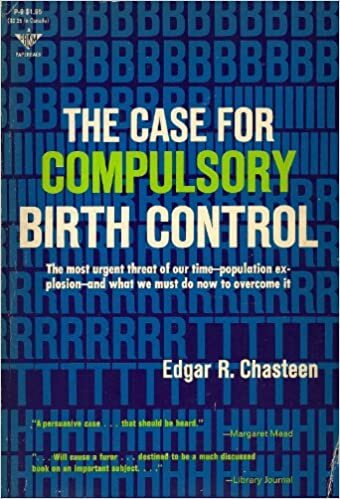A Christian Environmental Ethics - Part Two
This is Part Two of a series, arguing toward a Christian environmental ethics. You can read the first part here, which discusses Creation as the start of a paradigm for a Christian approach to ecology.
------------------------------------
When God created the world, everything started off well. God describes the sum of his creation as very good. Adam and Eve had the job of subduing and ruling over the created order. But, if you’ve been around church much in your life, you know that the story doesn’t stop there. In the garden of Eden, Adam and Eve had everything they needed, but Adam chose to sin.
The snake gets Eve to question God’s command. She eats the fruit of the tree of knowledge of good and evil. Adam eats the fruit, even though he knew he wasn’t supposed to. And sin comes into the world through human action.
The serpent is cursed to crawl on the ground and eat dust. We get the first expectation of a redeemer in Gen 3:15. Childbirth becomes hard for women. But there is some more information in Genesis 3 about the effects of human sin:
And to Adam he said,
“Because you have listened to the voice of your wife
and have eaten of the tree
of which I commanded you,
‘You shall not eat of it,’
cursed is the ground because of you;
in pain you shall eat of it all the days of your life;
thorns and thistles it shall bring forth for you;
and you shall eat the plants of the field.
By the sweat of your face
you shall eat bread,
till you return to the ground,
for out of it you were taken;
for you are dust,
and to dust you shall return.” (Gen 3:17–19)
There are two ideas that will help us understand the effects of the Fall in this passage:
1. The ground is cursed – The ESV says, “because of you.” The KJV says, “for thy sake.” The two phrases mean almost the same thing, but slightly different. Clearly the cursing of the ground is because of Adam’s action, but it is also for Adam’s benefit.
2. Work becomes hard – Adam still has the responsibility to cultivate and keep the earth, but it will become hard. The good creation will now resist the attempts of humans to improve it.
So, because of the Adam’s sin, not only did spiritual death come into the world, but the ground itself was cursed. It was cursed to help communicate the reality of human sinfulness to humans, to point out that something is wrong with the world. Romans 8 helps us understand this:
For the creation waits with eager longing for the revealing of the sons of God. For the creation was subjected to futility, not willingly, but because of him who subjected it, in hope that the creation itself will be set free from its bondage to corruption and obtain the freedom of the glory of the children of God. For we know that the whole creation has been groaning together in the pains of childbirth until now. And not only the creation, but we ourselves, who have the firstfruits of the Spirit, groan inwardly as we wait eagerly for adoption as sons, the redemption of our bodies. (Rom 8:19–23)
We should recognize that things are not the way they ought to be in the world. Creation itself has been “subjected to futility” because of Adam’s sin and will only be set free from that when heaven and earth are restored. In the meanwhile, the frustrate creation reminds us that things are not the way they are supposed to be.
This is the stage that best describes where we are in the history of the world. Although redemption has begun through Christ’s work, it hasn’t come to bear on the created order in a holistic way. We are living with the effects of the sin of Adam and Eve and with the effects of other human beings as well. Not all human impact on the created order is sinful, but some of it is.
During this time that we are living, while we are waiting for the restoration of all things, we should live in order to steward the creation well. This was God’s vocation for Adam and he never rescinded it. However, just like the manager of a company, we will have to give an account for our stewardship. Creation belongs to God, he has merely entrusted us with it. We should be working to improve it and to push back the effects of the Fall.
In the next part of this series, I will cover the third phase of God’s metanarrative: Redemption. This is God’s work to lift the curse, both by providing a way of salvation for those that believe and by removing the effects of sin from the Creation.




















